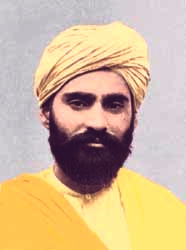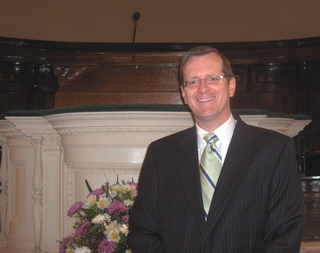A Quote by Mary Faustina Kowalska
How can one be pleasing to God when one is inflated with pride and self-love under the pretense of striving for Gods glory, while in fact one is seeking ones own glory?
Related Quotes
Perhaps the greatest barrier to revival on a large scale is the fact that we are to interested in a great display. We want an exhibition; God is looking for a man who will throw himself entirely on God. Whenever self-effort, self-glory, self-seeking or self-promotion enters into the work of revival, then God leaves us to ourselves.
The ultimate difference between God's wisdom and man's wisdom is how they relate to the glory of God's grace in Christ crucified. God's wisdom makes the glory of God's grace our supreme treasure. But man's wisdom delights in seeing himself as resourceful, self-sufficient, self determining, and not utterly dependent on God's free grace.
Pride takes innumerable forms but has only one end: self-glorification. That’s the motive and ultimate purpose of pride—to rob God of legitimate glory and to pursue self-glorification, contending for supremacy with Him. The proud person seeks to glorify himself and not God, thereby attempting in effect to deprive God of something only He is worthy to receive
It is when we create things for God's sake that our work most clearly promotes His glory, rather than threatening to compete with it. Thus the true purpose of art is the same as the true purpose of anything: it is not for ourselves or for our own self-expression, but for the service of others and the glory of God.
Natural ability and educational advantages do not figure as factors in this matter of prayer; but a capacity for faith, the power of a thorough consecration, the ability of self-littleness, an absolute losing of one's self in God's glory and an ever present and insatiable yearning and seeking after all the fullness of God.








































